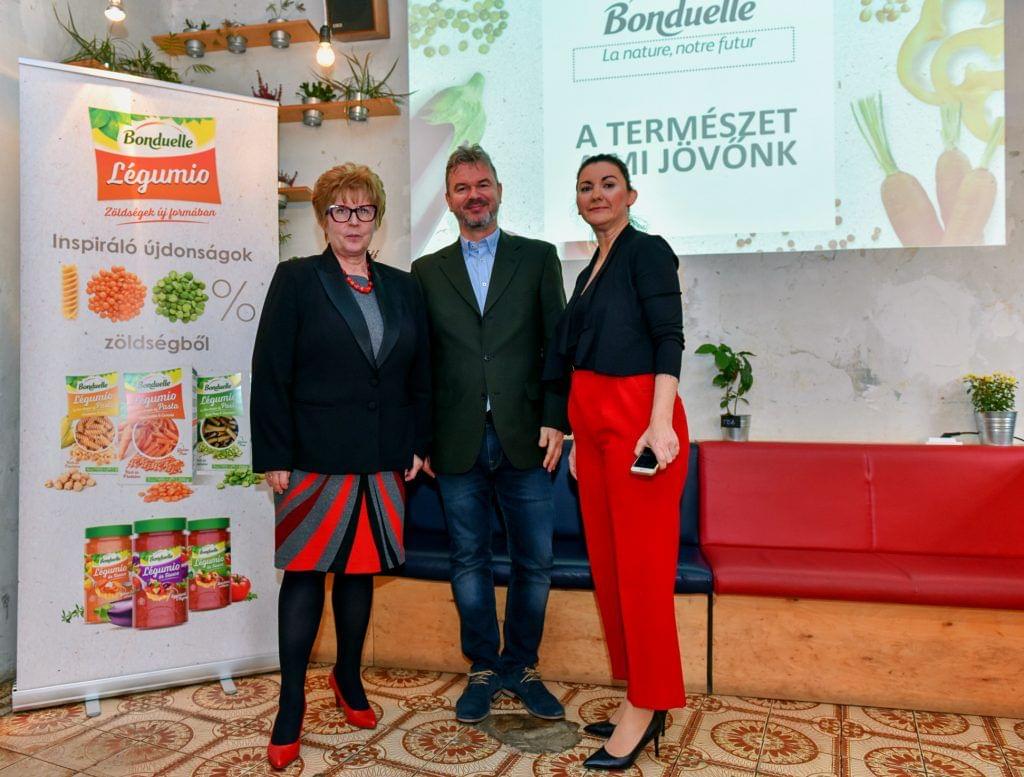Bonduelle: new recommendations say plant-based food is the way forward
The new dietary recommendations of France, Canada and the international EAT-Lancet project are unanimous: eating more plant-based food benefits our health and that of our planet.

Will 2019 be a good year for plant-based food? It got off to a good start at any rate! In January alone, three new dietary recommendations were published:
The n ew French recommendations by Santé Publique France, the French High Council for Public Health, in the framework of the 4th National Plan for Health and Nutrition (Plan National Nutrition et Santé, PNNS-4).
The new Canadian food guide: this replaces the last version, which dates from 2007.
A report by the EAT-Lancet Commission: these recommendations, the culmination of a three-year project bringing together 36 experts, are designed to feed the world’s population in 2050.
Plants make up the lion’s share
These three recommendations, which were developed separately from each other, nonetheless arrive at the same conclusion. We need to eat more plant-based food. This is not just a human health issue, but also a concern in terms of natural resources, if we want to feed the world’s population, which will have reached 10 billion people by 2050.
According to the Canadian guidelines, more than three quarters of Canadians’ plates should be filled with plant-based food. Half of the plate should consist of vegetables and fruits and one quarter of whole grain foods. The last quarter should contain protein foods, which, in addition to animal-based protein sources, include nuts, grains and legumes. It’s all about proportions, rather than portions.
The EAT recommendations , meanwhile, advise eating 300 g of vegetables a day, while the French recommendations refer to 3 portions of vegetables a day.
All three guidelines, however, highlight the importance of legumes or dried vegetables (lentils, beans, chickpeas…), which can help reduce meat consumption. In France, the recommendation is that you should eat food from this food group at least twice a week. According to EAT, legumes should be a key staple of our diet, and we should consume at least 75 g a day (uncooked weight).
Related news
Eurostat: number of guest nights booked on online platforms shows stable growth in the EU
The number of nights spent in short-term accommodation in EU…
Read more >There are more questions than answers: what do Eurostat’s latest consumption data about Hungary actually reveal?
Eurostat’s 2024 consumption and economic statistics have been released, and…
Read more >Annual inflation slowed in the euro area and the EU in May
Annual inflation slowed in both the eurozone and the European…
Read more >Related news
Corporate leaders’ commitment to sustainability at record level
According to the latest data from the K&H Sustainability Index,…
Read more >FAO food price index rose slightly in June due to higher prices of meat, dairy products and vegetable oils
The Food and Agriculture Organization of the United Nations (FAO)…
Read more >What can cause the price of a wine to increase tenfold?
There are fewer of them worldwide than the number of…
Read more >






